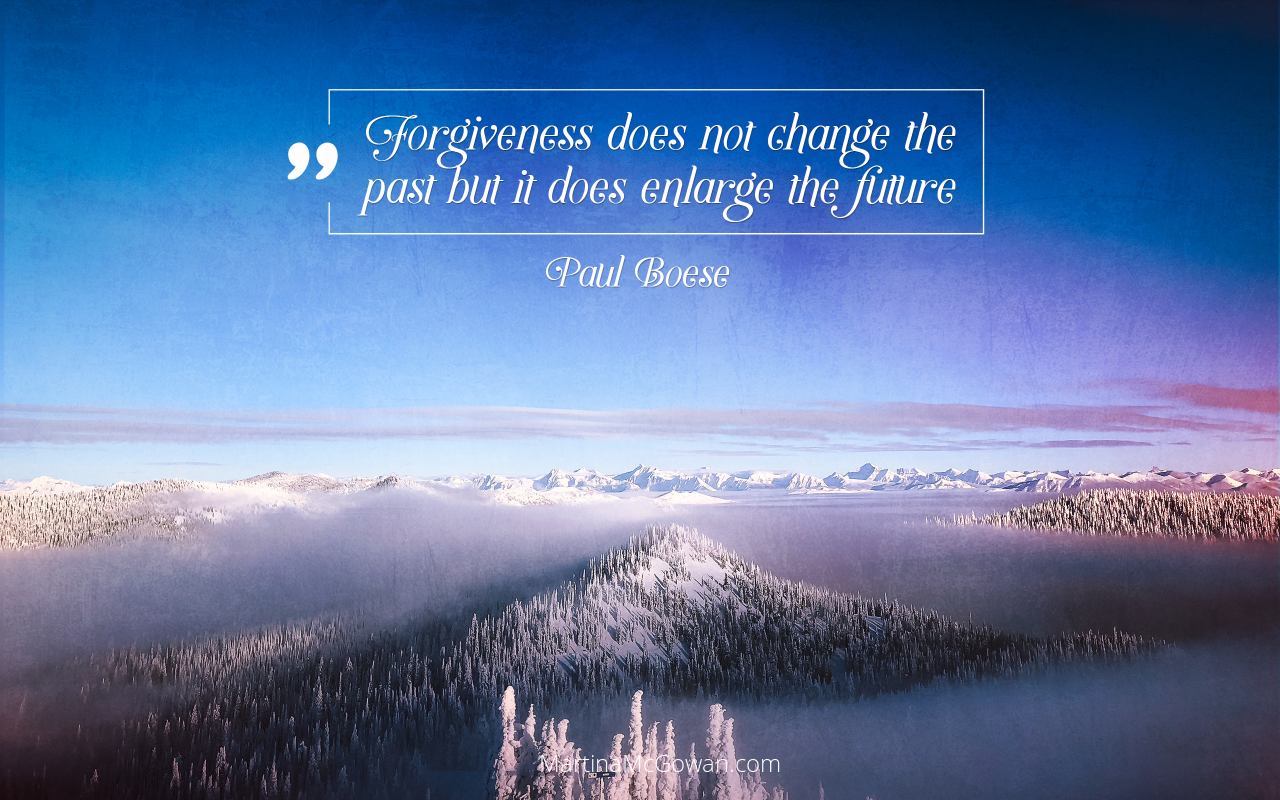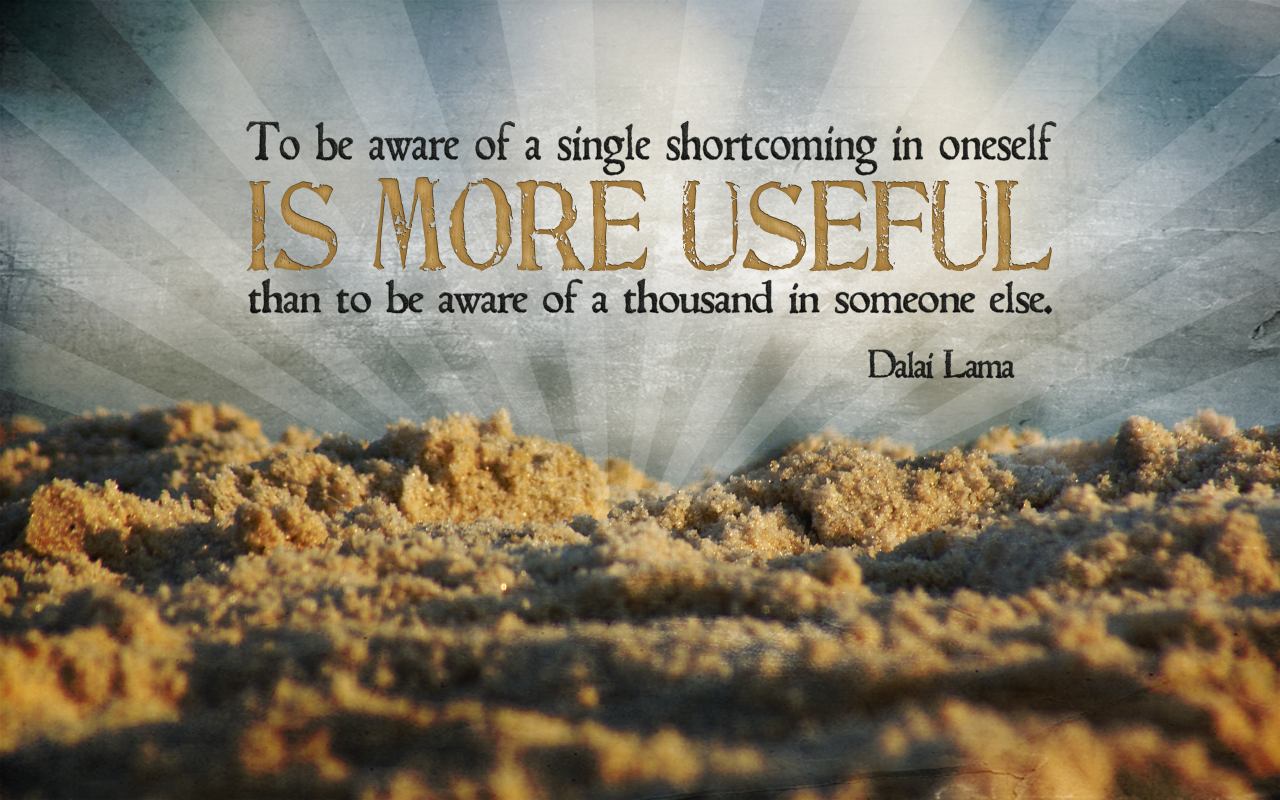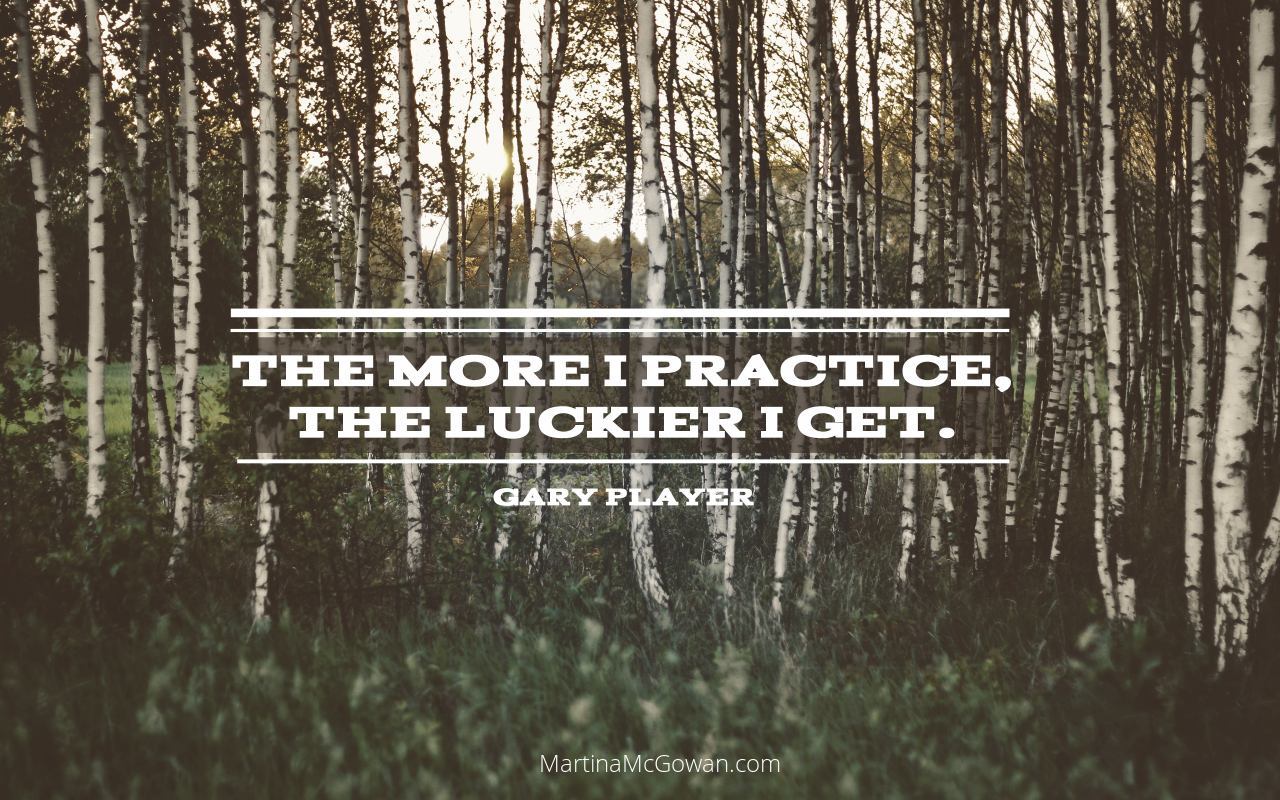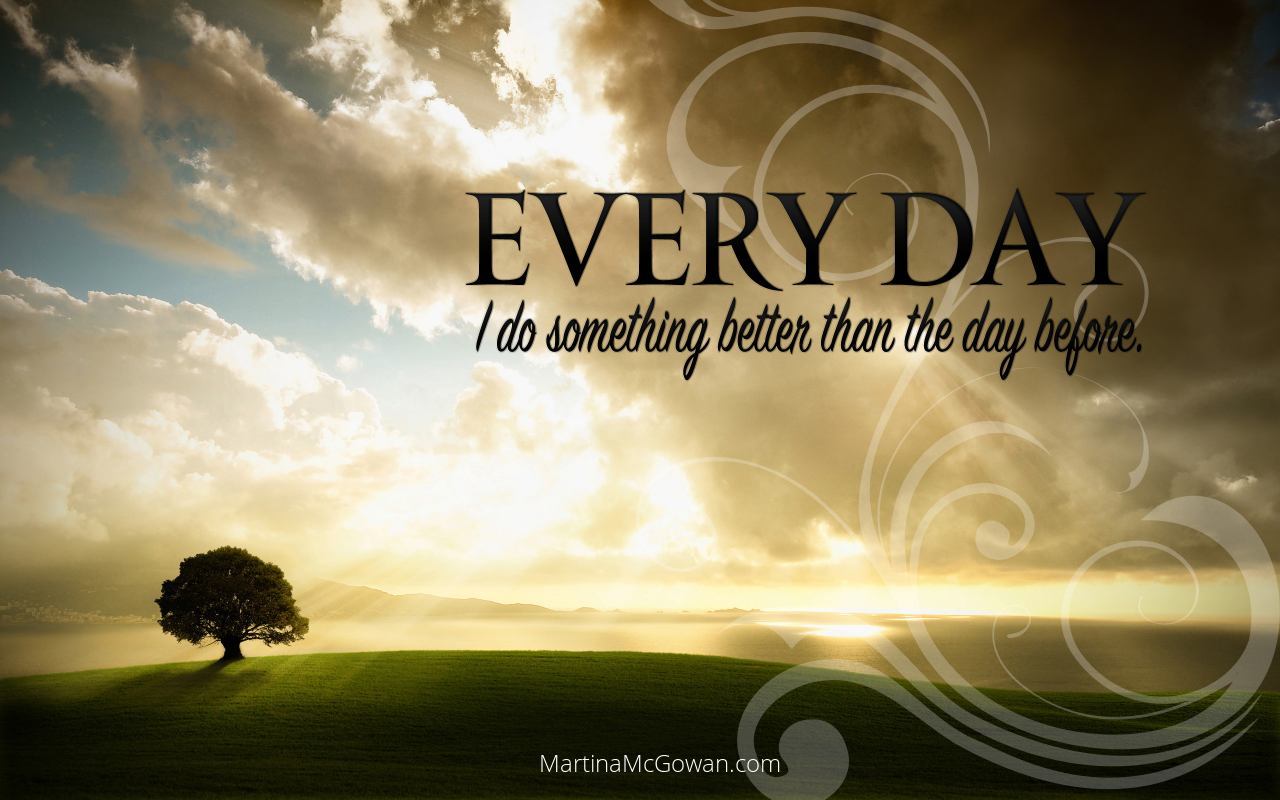“Confront the dark parts of yourself, and work to banish them with
illumination and forgiveness.
Your willingness to wrestle with your demons will
cause your angels to sing.”
August Wilson
Last week, we talked about making small changes in our lives, and how they can have big impacts. Today, we will spend a little time on what happens when we make changes, or are unsuccesful at making those transitions smoothly.
One of the initial problems we face is that we try to make our changes in a vacuum. We do this either because we feel we do not need support, or we are too embarassed to reveal our frailties by asking someone for advice. We all need support, and sometimes a dose of accountability goes a long way.
As children, our parents were genearlly proud of our accomplishments and the people we were growing into. They expressed this in different ways, based on the culture and people they grew up with. However it was expressed, it was fuel for us to keep going and make further improvements.
Even growing up with positive kinds of reinforcements, I think many of us end up on the slippery slope of perfectionism. We may have entered adulthood with an engine to drive acheivement and productivity, but too many of us arrived with no blueprint for regularly setting ourselves up for success, and few mechanisms for for forgiving ourselves when we missed the mark.
Perfectionism in any realm-mind, body, spirit- or, the pursuit of perfectionism is a trap and a lie!! It cannot be reached. And if we magically get it, it cannot be sustained. There will always be someone smarter, funnier, or some new thing that seems shinier, and has more bells and whistles than what we already possess. So, today, let’s talk about embracing our imperfection. Embracing our humanity. Learning to forgive ourselves when we screw up. And, we will screw up.
It is often difficult to forgive our own missteps. We feel terrible when we let ourselves or someone else down. But eventually, we need to allow the sun to shine in our lives again. Learning to forgive ourselves is an important part of our growth and development.
How do we do it? Here is a four-step plan to forgiving yourself so you can move on with life.
1. Face up to the mistake or the oversight.
In every circumstance, we must learn to take full responsibility for our error. Come face to face with it and acknowledge where we have stumbled or fallen short. As painful as it may be, this is the first step to forgiving ourselves.
- It might be helpful to stand in front of a mirror and say what you did out loud. This helps connect us with the action.
- Therapy might be a consideration if the mirror talk option doesn’t help. Talking to someone else may help us release feelings that are binding us up on the inside.
2. Assess the damage.
Take time to reflect on the potential outcomes of our actions.
- Who has been affected? How badly were we or others hurt?
- Take the time to consider the impact outside of what can be seen or ascertained initially. It is often easy to overlook the smaller impacts when a greater one seems or feels overwhelming.
- The opposite can also be true. Sometimes we find comfort in dealing with, or hiding in the small parts of the fallout because something so huge is looming before us we can’t think straight.
3. We are only human. It’s OK.
Be kind to yourself. Remind yourself that you are human. No one goes through life without making mistakes. But remind yourself that this does not excuse what happened.
While accepting our human imperfections, make space to identify personal shortcomings. We can use these as opportunities to work on aspects of ourselves that we might want to eliminate, change or strengthen.
Importantly, we have to be willing and able to learn from our mistakes and have earnest intentions of not repeating them.
4. Continually challenge ourselves to do different and to do better.
The critical final step to self-forgiveness is challenging ourselves to do better. In the previous step, we have accepted our imperfections. Now is the time to work at fixing the things we can.
- Do we need to learn to be nicer to other people? We can work on that through conscious effort or group therapy.
- Work at not repeating the same mistake. This is one of the easiest ways to relapse and end up back at our starting point again.
- Ask your supportive friends and family to help you on your journey. Everyone needs some support.
Working at making things right probably won’t change us or them or us overnight. It takes time to rebuild credibility and respect. What is important is that we forgive ourselves and commit to turning things around.
We each hold such great potential. That potential goes unused while we are consumed with negative energy. Stop the cycle!! Break out of the rut!
You have so much to offer to the world. Chip away at the negativity until all that’s left is your renewed spirit.
I challenged myself to make some changes with last week’s blog. Here are my results:
- I joined several writing salons, and have written more in the last week, than I have in months. This includes blog posts, prose and poetry.
- I have also gone back to writing Morning Pages when I do not have a specific task in mind. Many “fresh” ideas as well as some internal conversations leading to future changes have sprung from these.
- If you are interested in finding out more about any of these, please reach out to me in the chat and I will be happy to share the links.
Chat soon.




